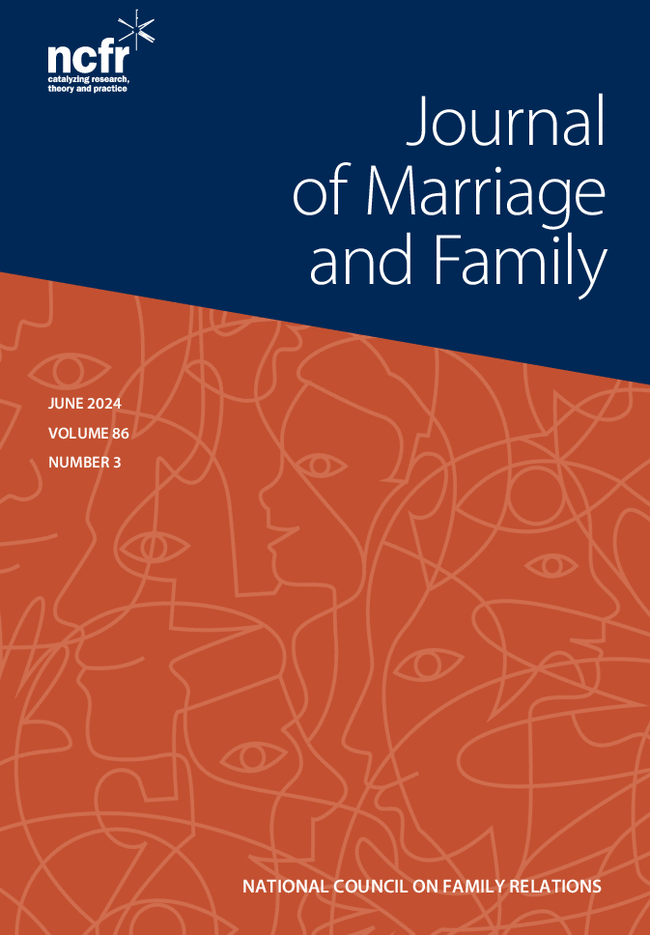Parenthood in Europe: Not More Life Satisfaction, but More Meaning in Life
Abstract
Objective
This study contrasts the associations between parenthood and two central components of subjective well-being: life satisfaction and meaning in life.
Background
Theoretical arguments and previous research based on qualitative analyses suggest that parenthood might lower life satisfaction but increase meaning in life. This study provides the first test of this idea based on a large-scale, multicountry analysis, considering heterogeneity in the link between parenthood and well-being across sociodemographic groups and national contexts.
Methods
The data were sourced from the European Social Survey, with more than 43,000 respondents from 30 countries. Multilevel regression models tested the role of parenthood, proxied by the presence of children in the household, on life satisfaction and meaning in life, with separate analyses conducted for women and men. Additional analyses investigated heterogeneity across sociodemographic groups and country clusters.
Results
The link between parenthood and life satisfaction varied significantly by gender and context, tending to be more negative for parents facing more challenging conditions. Conversely, the analyses revealed a consistent positive link between parenthood and meaning in life for both women and men, regardless of social and national context.
Conclusion
Parenthood is linked to lower life satisfaction for some groups but to higher meaning in life across diverse populations. However, under certain conditions, such as the culture and policy context of the Nordic countries, parenthood is associated with both higher life satisfaction and meaning, two key components of a good life.


 求助内容:
求助内容: 应助结果提醒方式:
应助结果提醒方式:


